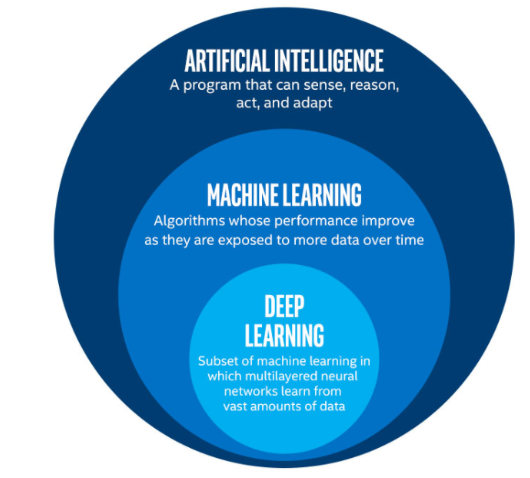Description and Course Objectives: A introduction / review to Cyber Safety. Why cyber safety is a growing concern in the modern era. Understand the various events concerning Cyber Safety that are unique to the modern world.
Course Objectives: In this training, you will:
- Recognize that you are creating a “Digital Footprint” for yourself that can last forever.
- Identify ransomware / malware .
- phishing. etc
- Recognize the ways in which identity theft occurs, and how to protect yourself from becoming a victim of identity theft
- Recognize the dangers of being distracted when walking and driving because of your mobile device▪ who are the threats
- what do the threat actors want (their motives)
- how to be safe online
- what would it take to become invisible online










